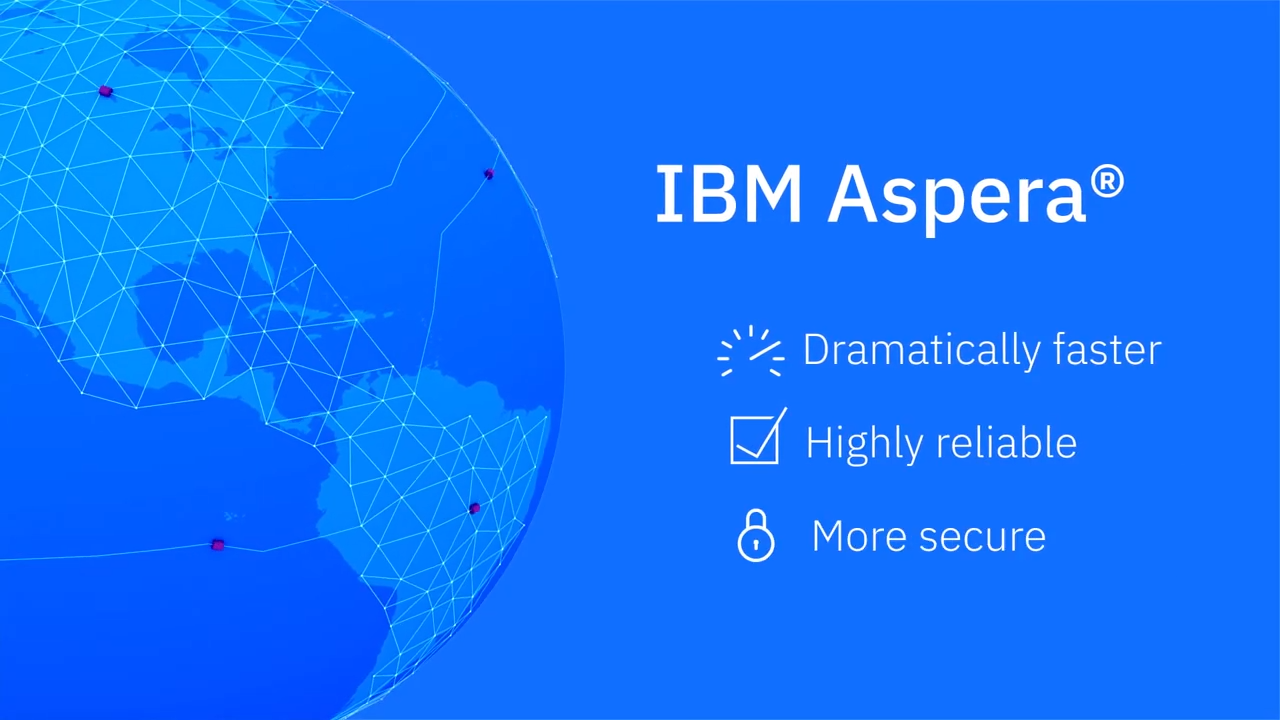Aspera does a great deal of work trying to improve the security of its FTP services. It offers both encryption/decryption, authentication, and policy-based security. For example, Aspera FTP security allows users to create multiple FTP accounts from a single user ID and password. So, if one person’s password is compromised, all the users’ passwords are also at risk.
Aspera also offers some nice features for filtering and quality assurance in its Aspera Client. For example, the Aspera Client provides support for FTP-based protocols such as HTTP, SMTP, and POP/SMTP, and provides security for these protocols. Aspera also supports outbound connections, allowing Aspera users to connect to other servers and hosts without authenticating with the Aspera server. As an Aspera server can be controlled remotely via an Aspera FTP client, so a network administrator can oversee all aspects of the network. However, an Aspera FTP client can connect to a non-aspera server, allowing non-managed Aspera networks to use Aspera and improve efficiency.
FTP is very useful for remote file transfer, especially when moving large files from one location to another. This feature is particularly helpful in businesses that have more than one location, since it makes the central server more manageable. File compression is also a great feature of Aspera, allowing you to reduce bandwidth costs. In the end, though, Aspera is best known for its excellent protocol implementation and extensive testing by Qualified Security Assessors (QSAs).
